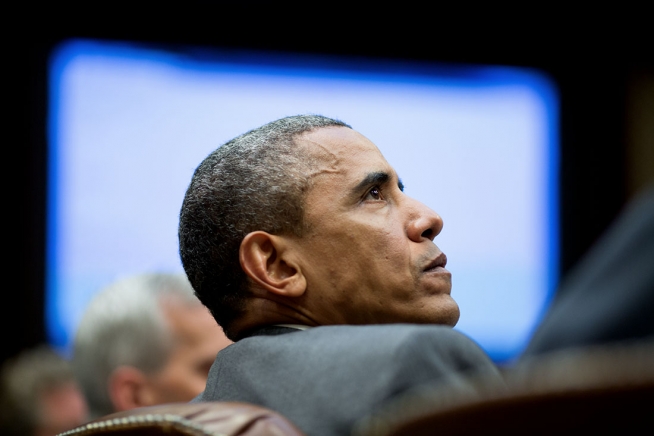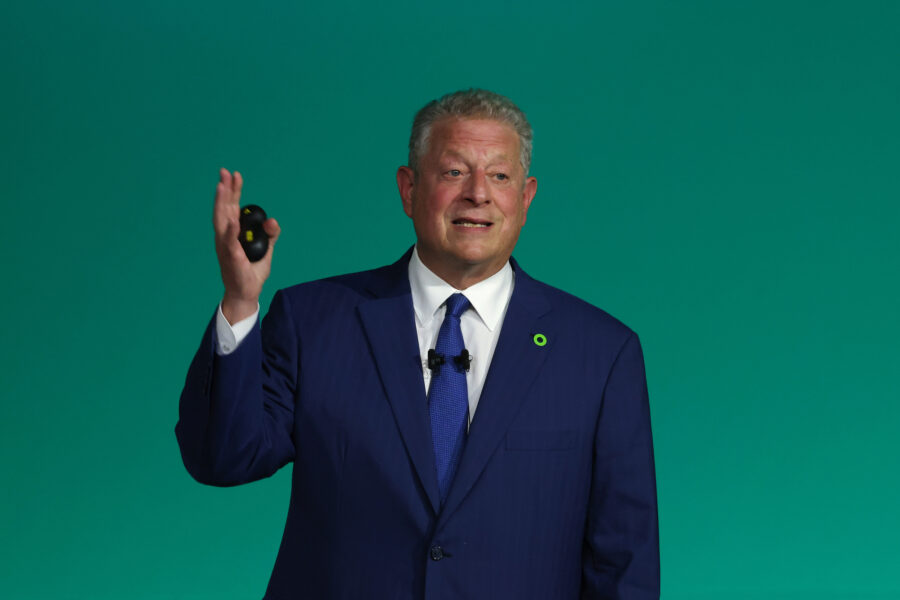Government auditors have taken a close look at a disputed calculation used by federal regulators to assess the long-term costs of carbon pollution. Their verdict: It was all done by the book.
The hotly contested economic calculation, known as the “social cost of carbon,” or SCC, sailed through a review by the Governmental Accountability Office, whose audits often feature scathing criticisms of the bureaucracy.
The GAO’s report was purely descriptive—dissecting, step by step, the process that bureaucrats used to develop and update the SCC over the years. “Evaluating the quality of the approach is outside the scope of this review,” the GAO demurred.
The review was requested by several of Congress’ most outspoken critics of the administration’s methods, who have called the SCC’s development “a black box.”
But the GAO gave them no new ammunition. Instead, after a year poking around in the box, the independent agency issued a report containing not a single objection to the way the administration devised and fine-tuned the SCC.
The administration’s methods, the GAO said, “used consensus-based decision making”; “relied on existing academic literature and methods”; and “took steps to disclose limitations and incorporate new information.”
The social cost of carbon is a convoluted calculation. It uses complex computer models to express in today’s dollars the costs that society will eventually have to pay for damages—from flooding, drought and the like—caused by each additional ton of carbon dioxide pollution added to the atmosphere.
To the dismay of the fossil fuel industry and its allies in Congress, the administration has made increasing use of the SCC as it writes regulations intended to combat global climate change.
Republican lawmakers have been trying to block the use of the SCC, which influences decisions on such questions as how heavily to crack down on CO2 emissions from coal-fired electric power plants. The higher the social costs, the more sense it makes to impose costly pollution-control regulations.
The critics have repeatedly challenged the way the administration’s estimates of the social cost of carbon were developed over the past five years. They were particularly incensed when the administration, in 2013, raised its social-cost estimate by 50 percent to take better account of the emerging consensus over global warming’s impacts, especially on rising sea levels.
The GAO, in its 36-page report, described a meticulous and comprehensive project of an interagency task force that was remarkable mainly for how obsessively it adhered to the rules of the regulatory road, consulting outside experts to double-check its work. The review was based on interviews with about 20 people involved in the process.
The Office of Management and Budget, which manages the interagency team, continues to reassess the details even as it has defended its basic approach.
Last year OMB, a White House office that manages regulatory affairs, invited public comments on the questions swirling around the SCC, and it is reviewing them to see if the calculation should be revised.
But the administration has swatted aside suggestions that the method should be scrapped entirely. And for that matter, substantial evidence continues to emerge that carbon’s social costs are higher, not lower, than the administration has estimated so far.

















